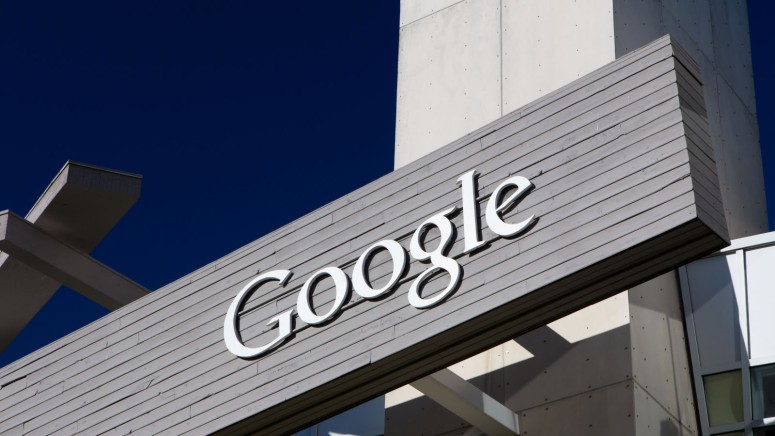
Google Wins Dismissal in Textbook Piracy Lawsuit Backed by Prominent Publishers
- Google won a copyright claim dismissal in an ongoing lawsuit saying the tech giant supported piracy via ads.
- A U.S. court ruled that the company cannot directly control third-party websites selling pirated content.
- The lawsuit was based on accusations alleging Google promoted piracy by failing to address takedown requests.
Google has secured a partial victory in a significant copyright infringement lawsuit brought forth by major publishers, including Cengage Learning, Macmillan Learning, Elsevier, and McGraw-Hill.
The publishers accused Google of promoting ads that lead to pirated copies of their textbooks through its platforms, arguing that Google’s actions amounted to vicarious copyright infringement, trademark infringement, and deceptive business practices.
At the heart of the dismissal is the publishers' claim of vicarious copyright infringement. U.S. District Judge Jennifer L. Rochon ruled that the publishers failed to demonstrate that Google had “the right and ability to supervise the infringing conduct.”
The publishers argued that Google hosted ads leading to pirated materials and hadn’t acted swiftly in removing repeat infringers despite numerous takedown notices.
However, Judge Rochon cited legal precedents, such as Perfect 10 v. Amazon, to conclude that Google’s ability to terminate ads or accounts did not equate to “direct control” over the third-party websites selling the pirated content.
The Court emphasized that indirect effects, like reducing traffic to infringing sites by removing ads, do not satisfy the requirements for vicarious liability.
While the court dismissed the copyright claim, the publishers' trademark infringement allegations remain active.
The publishers allege that Google displayed ads containing unauthorized images of their trademarked materials, which could confuse or mislead consumers. Judge Rochon determined the publishers had sufficiently supported this claim to proceed.
The case, now centered on trademark and contributory copyright infringement claims, will continue in federal court. Google’s partial victory highlights the delicate legal balance between platform responsibility and user-driven violations, raising critical questions for similar cases in the digital economy.








